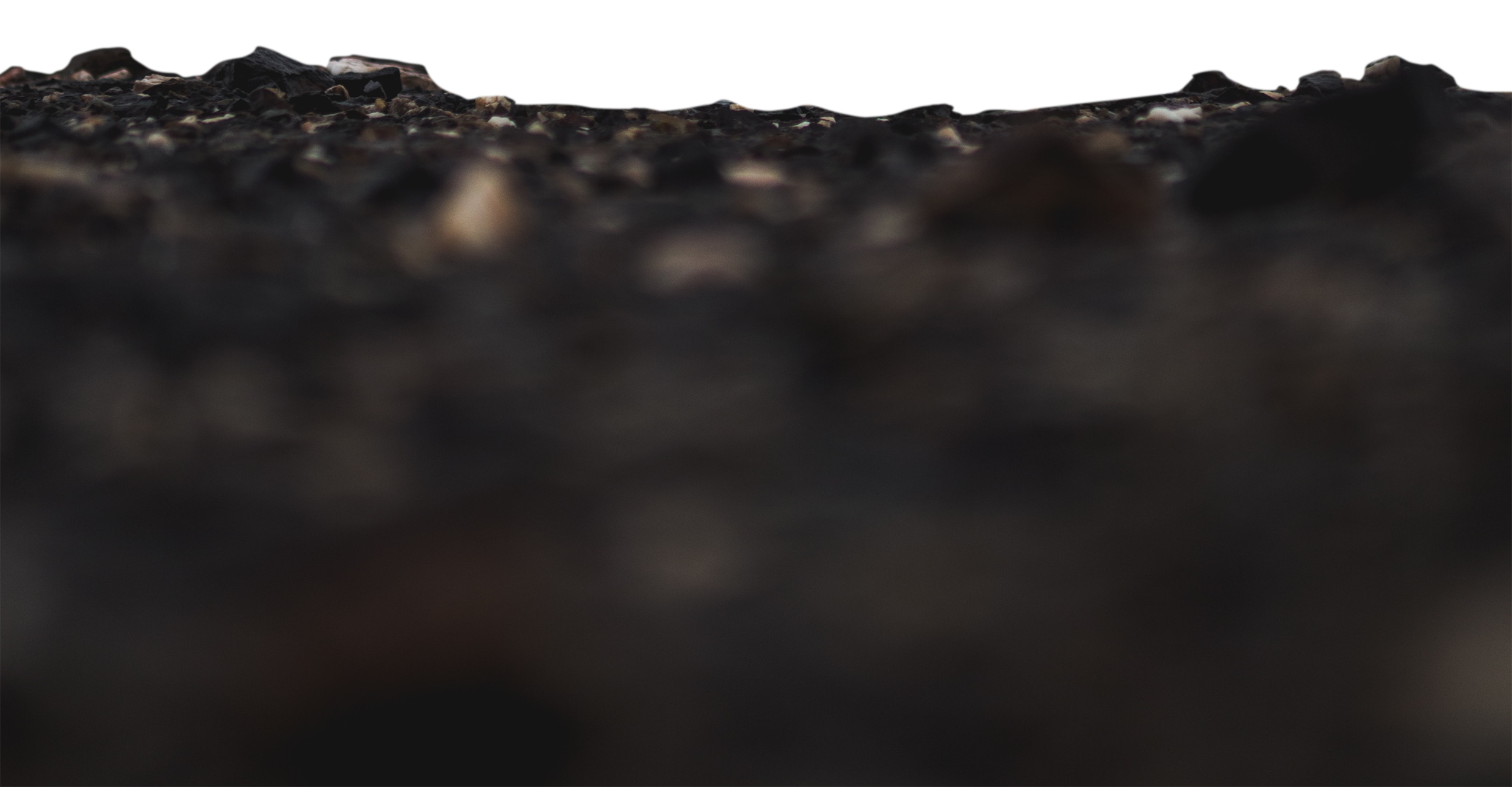Cookie advice
1. What are cookies?
Cookies are minute text files that are stored on your terminal device via the browser when you use our website. These text files contain information for providing user-friendly services and are read out by web browsers. Cookies enable our website to recognise you so that our web server can present you with a website that is more customised, better, faster and tailored more closely to your needs.
For this reason, please bear in mind that you may not be able to access some web content if you block cookies.
Basically, cookies are distinguished in the following ways:
- Session cookies: these are stored on your computer or terminal device while you are surfing on our websites and are deleted afterwards.
- Persistent cookies: these cookies remain on your computer for a prolonged period of time.
- Third-party cookies: these cookies are created by partner websites and embedded in our site. They are used, for example, to deliver personalised advertising.
2. This is how we use cookies
In general, we only use Internet technologies (e.g. cookies, Java-Script) to make our website easier to use and to optimise our offering and your communication with our contents:
- We use so-called session cookies to keep the current session active.
- We use cookies for analysing data. This lets us see, for example, how our forms are accepted, how many visitors use our pages or which web pages are visited most frequently.
- We use third-party cookies to improve your experience with our content and advertisements.
This website also uses Google's web analytics services.
You will find further information about this and about data privacy in general at (link data privacy advice) .
3. Third-party cookies
Some third-party providers set cookies on your computer in particular to record visitor behaviour and to personalise offerings (including advertising). Depending on the platform, several third-party cookies are set. You can read up on how the third-party provider handles cookies on the relevant pages of the network. Information on the networks is provided in the table below. We have no control whatsoever over third-party cookies. We therefore recommend that you check the relevant third-party websites to see which cookies are used and how to manage them. For common third-party sites, such as Facebook, Google etc., the "Digital Advertising Alliance" provides a wayof collectively opting out of all DAA companies. You will find further information on this in points 4 and 5.
4. We currently use the following cookies
Session cookies
- __utmc - Google Analytics: These are used in conjunction with __utmb to determine whether the visit is a new or more recent one.
- fe_typo_user: saves the TYPO3 user session.
Session cookies are removed as soon as the browser is closed.
Persistent cookies
- __utma - Google Analytics: provides the capability of tracking visits and visitors. Lifetime: 2 years
- __utmb - Google Analytics: is used to determine new visits. Lifetime: 30 minutes
- __utmt - Google Analytics: to restrict the request rate for Google Analytics. Lifetime: 10 minutes
- __utmx - Google Analytics: is a cookie that is set specifically for testing and experiments within Analytics. Lifetime: 18 months
- __utmz - Google Analytics: determines the source / campaign the visitor comes from. Lifetime: 6 months
- _ga - Google Analyitcs: provides the capability of tracking visits and visitors. Lifetime: 2 years
- _gid - Google Analyitcs: provides the capability of tracking visits and visitors. Lifetime: 1 day
- _gat_UA-8150689-3 - Google Analytics: cookie prevents call to Google Analyitcs (opt-out). Lifetime: 1 year
- _gat - Google function-related cookie the tasks of which may differ. Lifetime: 2 years
- cookie-consent: confirmation of the cookie advice: permanent cookie
You will find further information on the use of cookies in the Data privacy notice.
5. Managing cookies / objection
In your browser menu you will find setting options for using cookies. A browser usually has the following setting options:
- View cookies,
- Allow cookies,
- Disable all or certain cookies,
- Disable all cookies when closing the browser,
- Block cookies,
- Notify when a cookie is to be set and
- Objection to tracking web analysis
For the following browsers you will find instructions on how to disable cookies on the manufacturer's pages. If you block our cookies in your browser, you will not be able to use some parts of our website.
- Firefox
- Internet Explorer
- Chrome (Windows) / Chrome (Mac) / Chrome for iOS / Chrome for Android
- Safari
- Safari (iOS)

